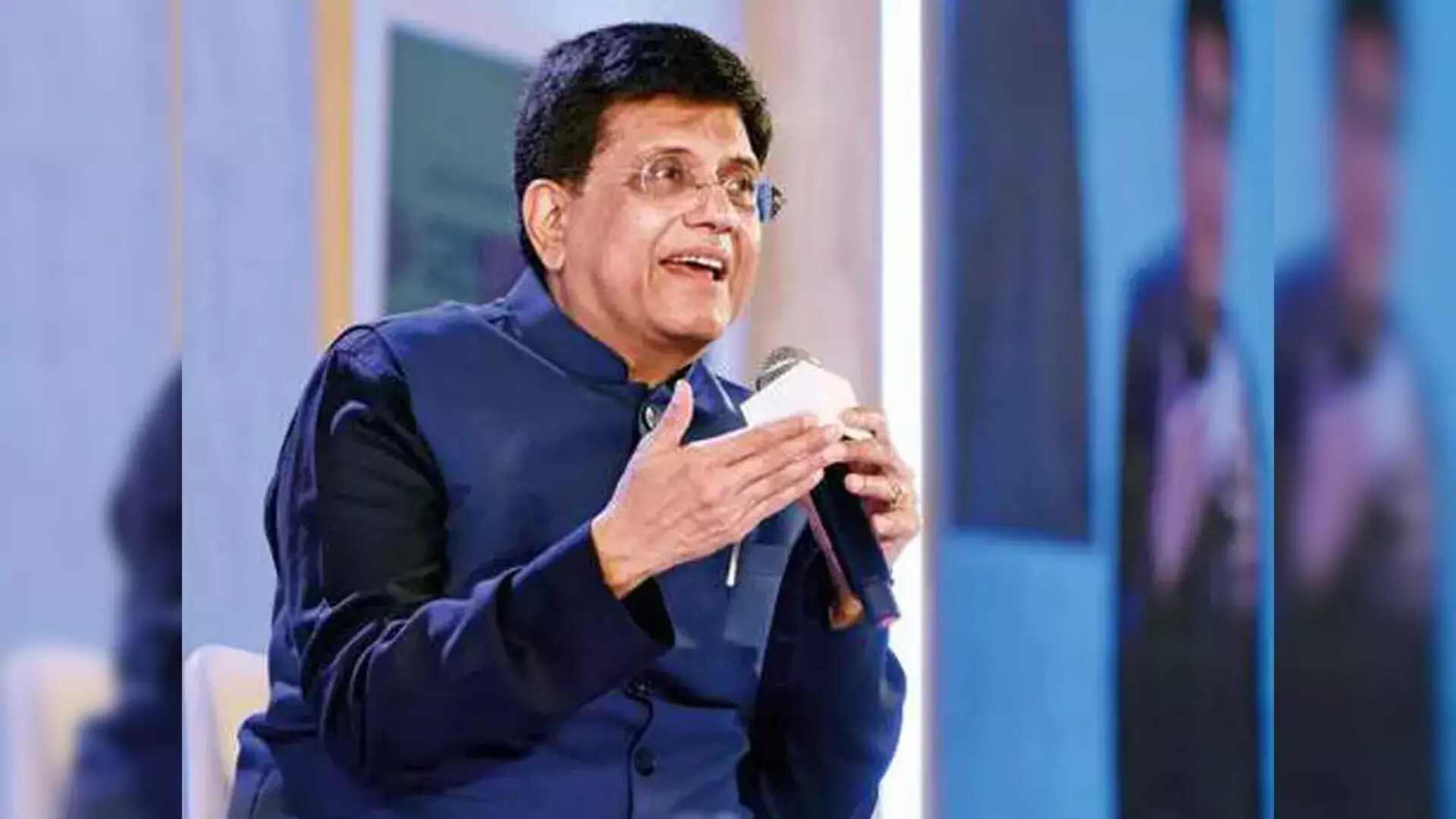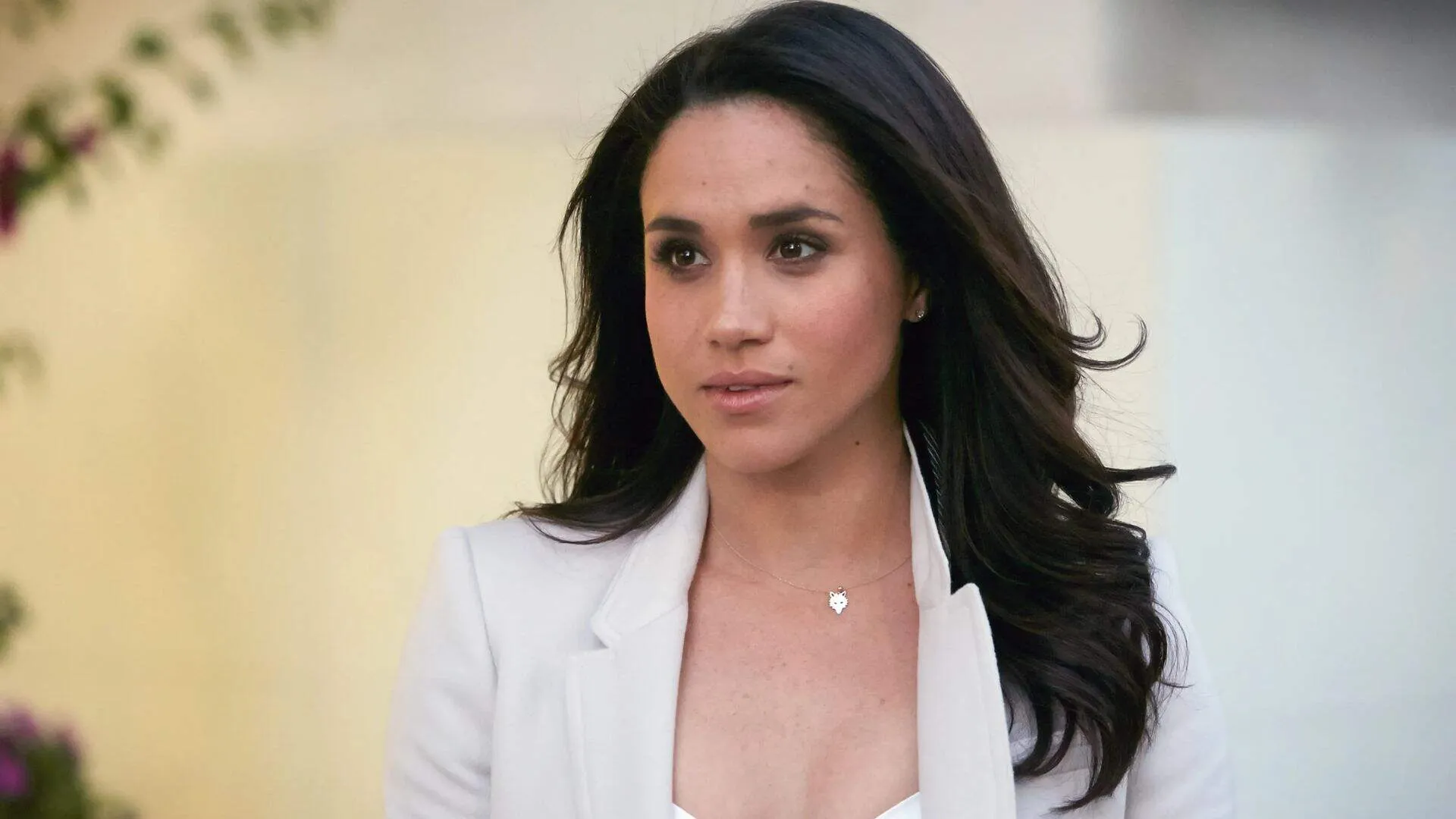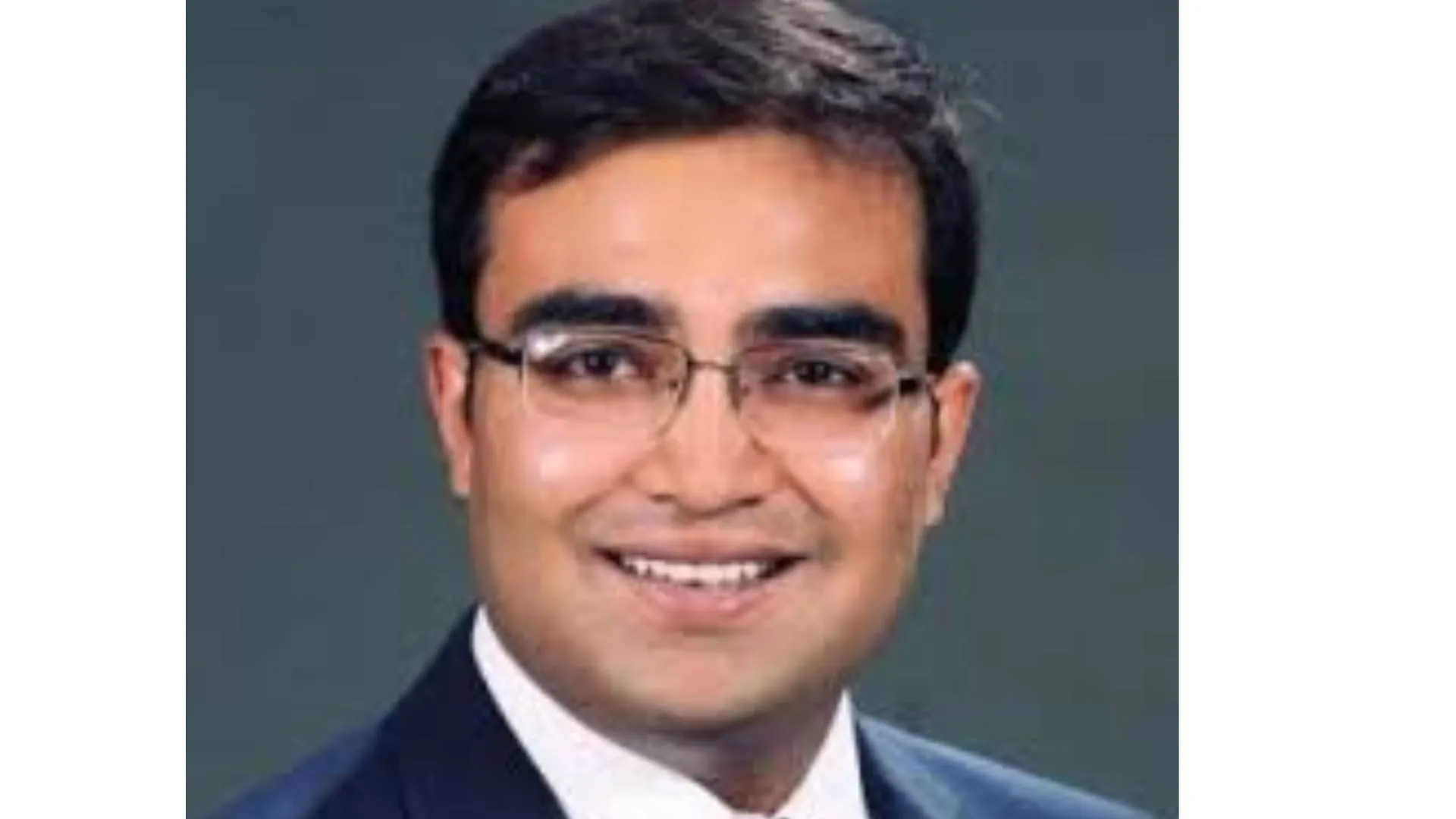Tesla’s much-anticipated entry into the Indian market has garnered significant attention, but the status of its investment plans remains unclear. While the Indian government has introduced a policy aimed at attracting foreign investments in the automotive sector, Tesla has yet to make a firm commitment to establishing a manufacturing facility in the country.
Policy Aims to Attract Foreign Automakers
The Indian government’s new policy allows foreign companies to import and sell vehicles in India before setting up a local manufacturing plant, provided they commit to building a factory in the future. This initiative is designed to encourage global automakers to enter the Indian market, with the long-term goal of boosting local manufacturing.
Commerce and Industry Minister Piyush Goyal, in an interview with the Economic Times, emphasized the government’s openness to investment. “We have come out with a policy. We are open to any company investing under that policy or even otherwise,” Goyal said. He explained that while the policy provides an option to import vehicles before setting up a factory, some companies, like VinFast, have chosen to start production immediately. “We welcome that better,” Goyal added, highlighting the preference for immediate local manufacturing over imports.
Tesla’s Postponed India Visit Raises Questions
Earlier this year, Tesla CEO Elon Musk was expected to visit India to meet with Prime Minister Narendra Modi and other key officials. The visit was anticipated to include an announcement of Tesla’s plans to establish an electric vehicle (EV) manufacturing facility in the country. However, Musk abruptly postponed the visit, leaving the future of Tesla’s investment in India uncertain.
Ongoing Policy Discussions and Industry Concerns
Meanwhile, reports in July indicated that the Indian government is considering adjustments to its EV policy to offer incentives to automakers that have already invested in the country. This move comes in response to concerns raised by automakers about the scheme, which currently only supports new investments aimed at accelerating local manufacturing of high-end electric cars.
Industry stakeholders have suggested that the policy should also consider existing investments, including plants that produce both petrol and diesel cars alongside EVs. The government is reportedly in discussions to make the scheme more accommodating to established players, potentially allowing investments in facilities that manufacture both internal combustion engine vehicles and electric vehicles.
Other Automakers Show Interest
Despite Tesla’s hesitation, several automakers, including Volkswagen-Skoda, Hyundai-Kia, and VinFast, have expressed interest in the new policy, known as the “Scheme for Manufacturing of Electric Cars (SMEC).” These companies see potential in the Indian market and are exploring opportunities to align with the government’s vision for EV manufacturing.
Chinese Automaker BYD’s Plans Under Scrutiny
When asked about the status of Chinese automaker BYD’s potential investment in India, Piyush Goyal confirmed that there is currently no active proposal under consideration. He noted that any Chinese investment proposals would undergo a thorough review process before a decision is made.
As discussions continue, it remains to be seen whether Tesla will take advantage of the new policy and commit to building a local factory in India. The outcome of these discussions could have significant implications for the future of EV manufacturing in the country, as well as for Tesla’s long-term strategy in one of the world’s fastest-growing automotive markets.









